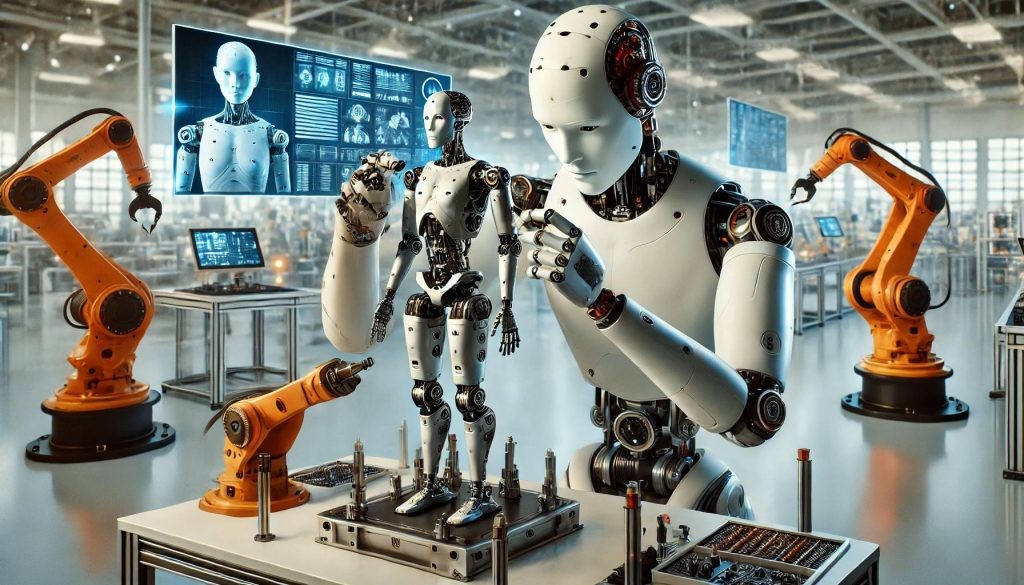
[Date]
In a groundbreaking development that sounds like science fiction becoming reality, Austin-based robotics company Apptronik has partnered with manufacturing giant Jabil to test humanoid robots that could eventually construct more of their own kind.
The pilot program centers around Apollo, a 5-foot 8-inch humanoid robot weighing 160 pounds, designed to handle payloads up to 55 pounds with a 4-hour battery life per charge. These robots will initially perform basic manufacturing tasks including inspection, sorting, and sub-assembly operations in Jabil's facilities.
What makes this partnership particularly noteworthy is Jabil's agreement to potentially manufacture Apollo robots in its factories - meaning these machines could eventually be involved in producing more of themselves. While this scenario may raise eyebrows, Apptronik maintains that commercial production isn't expected until 2026.
The development follows Apptronik's recent collaboration with Mercedes-Benz, where Apollo robots were deployed on automotive production lines. This trend in humanoid robotics is gaining momentum, as evidenced by BMW's implementation of similar robots from Figure at their Spartanburg facility.
As automation advances, questions arise about workforce impact. Apptronik suggests these robots will handle repetitive tasks, allowing human workers to focus on more creative and intellectually demanding projects. However, this raises legitimate concerns about job displacement in manufacturing sectors.
The robots' capabilities are impressive - they can operate continuously with battery swaps, perform precise assembly tasks, and adapt to various manufacturing environments. While the technology shows promise for industrial efficiency, the broader implications of self-replicating robots remain a topic of debate among industry experts and workers alike.
As these trials progress, they represent a significant step toward automated manufacturing, though the full impact on the workforce and industry remains to be seen.